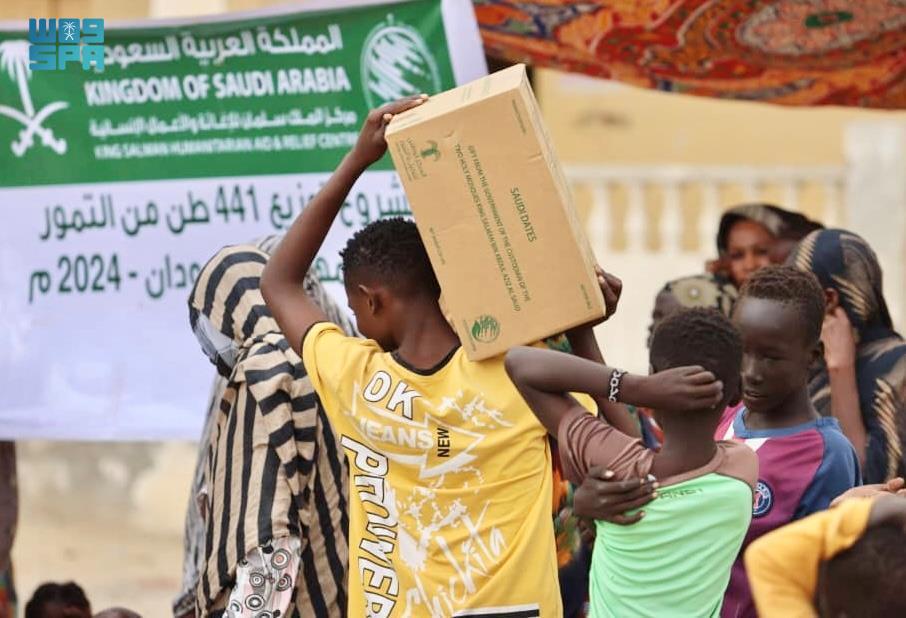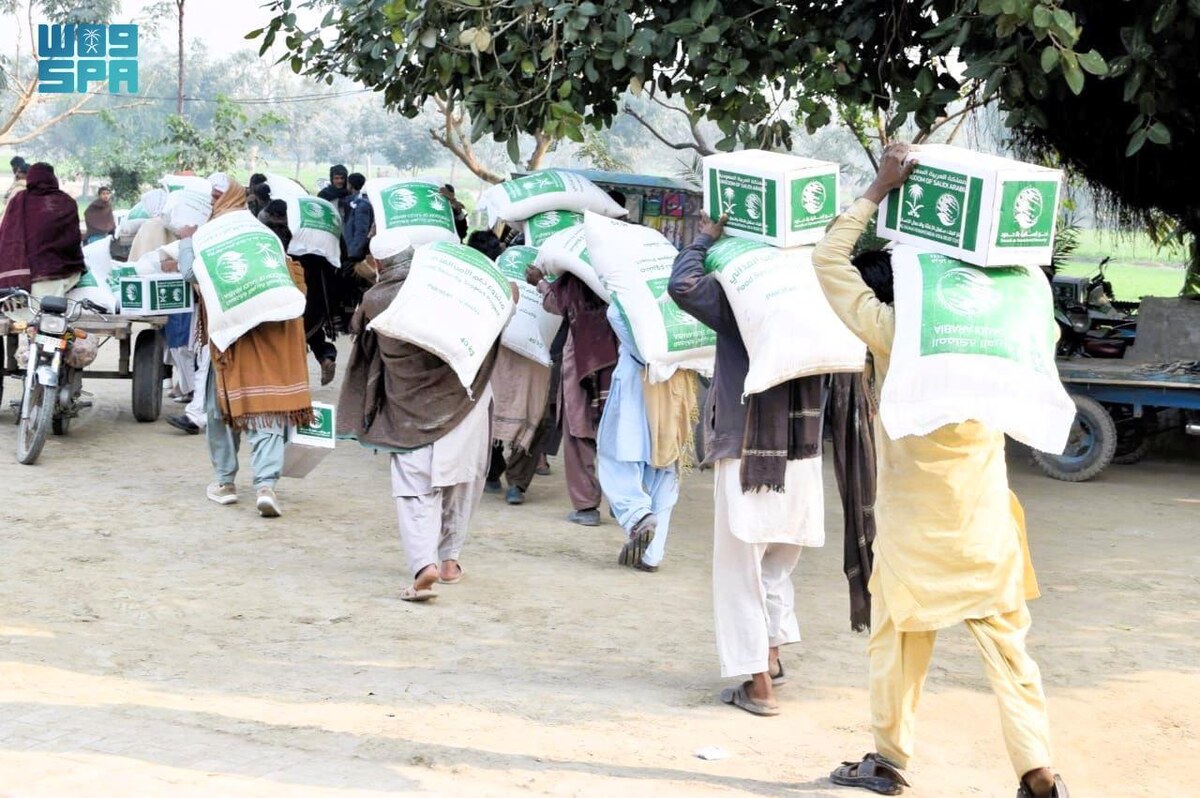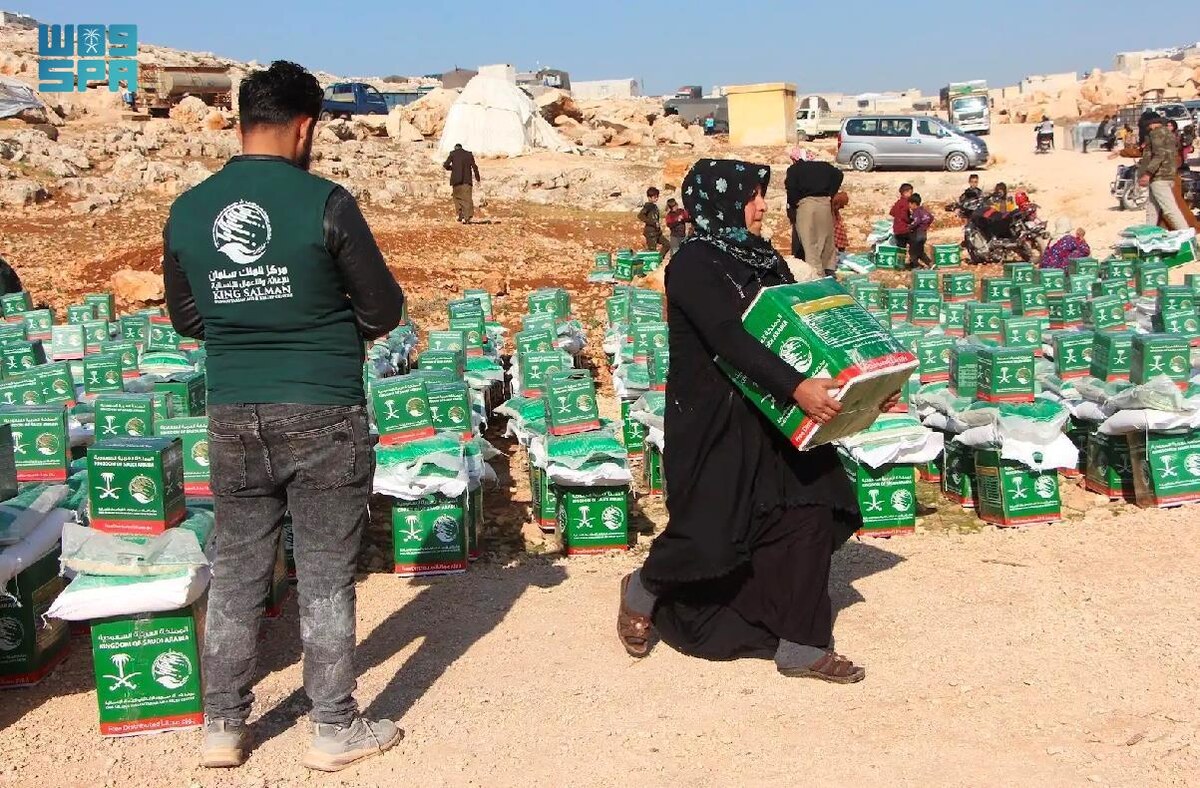JEDDAH: The G20 trade and investment ministers on Tuesday pledged to work together to mitigate the impact of the coronavirus disease (COVID-19) outbreak on global trade and investment.
Saudi Arabia’s Minister of Commerce, Majid Al-Qasabi, told the virtual meeting that measures adopted by the G20 in May were “critical for sustaining the flow of essential goods and services across borders and limiting the human toll of the pandemic.”
Khalid Al-Falih, Saudi Arabia’s minister of investment, said the collective G20 response to COVID-19 had started to deliver early signs of a “resilient, and stable economic recovery.”
Ministers praised Saudi Arabia’s role in promoting the principles of the multilateral trading system by launching the Riyadh Initiative on the Future of the WTO to demonstrate political support for World Trade Organization reform discussions.
Al-Qasabi said the challenging times call for an open, fair and rules-based multilateral trading system to support global economic recovery.
“Urgent action is necessary regarding the functioning of the dispute settlement system to contribute to predictability and security in the multilateral trading system,” a communique issued after the meeting said.
As health challenges continue to take center stage, ministers emphasized the key role of the multilateral trading system in promoting stability and predictability of international trade flows, as well as of trade and investment policies in ensuring that all countries have access to vital medical supplies and pharmaceuticals, including vaccines, at an affordable price and on an equitable basis.
The meeting highlighted the role e-commerce has played during the pandemic, with ministers saying that it helped sustain economic activity and ensured continued operation of supply chains.
“We also note that the pandemic has underscored the challenges of the lack of access to the digital economy for many vulnerable citizens due to the persistence of the digital divide,” they said.
The ministers reaffirmed the need to reinvigorate the work program on e-commerce at the WTO.
The meeting also focused on encouraging greater international competitiveness of micro, small, and medium-sized enterprises (MSMEs) to foster economic diversification.
“Under the Saudi G20 presidency, we compiled a set of policy guidelines that serve as a reference for policymakers when supporting MSMEs’ internationalization efforts,” Al-Qasabi said.
Trade and investment ministers pledged to continue helping MSMEs overcome different challenges, particularly in developing and the least developed countries.
The G20 ministers highlighted the importance of economic diversification, saying it helps reduce vulnerability to economic shocks.
“We acknowledge that trade in services and special economic zones could foster economic diversification,” they said.
The ministers also pledged to support the growth of women-owned businesses, as well as women’s increased participation in global markets and international trade.





























